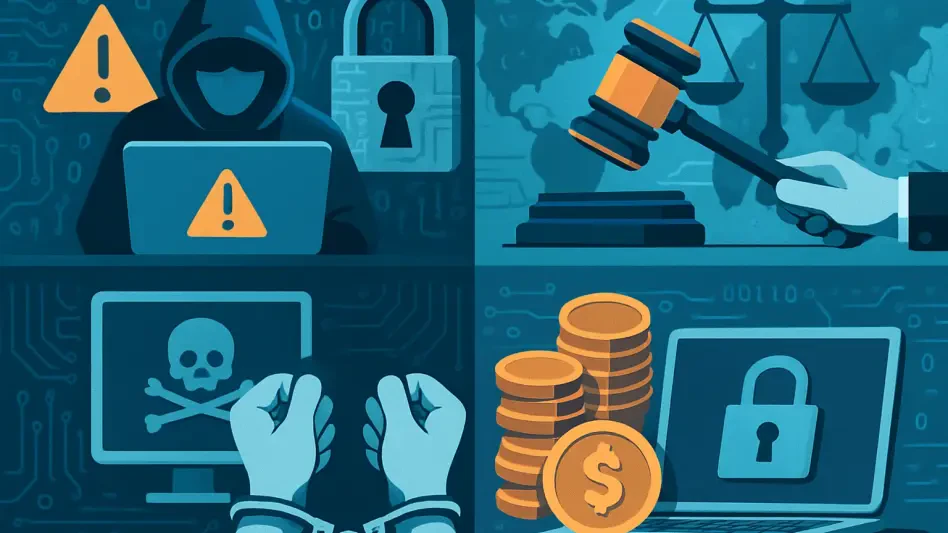In an era where digital threats loom larger than ever, a staggering statistic reveals the urgency of the issue: a recent survey by a leading information security institute found that 69% of cybersecurity professionals believe current regulations are far too lax to combat evolving dangers, signaling a critical juncture for corporate governance. As cyberattacks continue to cripple organizations worldwide with devastating financial and reputational consequences, the question of accountability has taken center stage, with increasing pressure to hold senior management responsible for lapses in security. As new laws emerge to address these concerns, the debate intensifies over whether boards of directors should face tangible penalties when breaches occur. This discussion is not merely academic but reflects a seismic shift in how responsibility is assigned in the face of digital vulnerabilities, prompting a deeper examination of regulatory frameworks and executive obligations.
Strengthening Accountability at the Top
The push for accountability is underscored by compelling survey data showing that an overwhelming 91% of cybersecurity professionals believe boards should bear responsibility for breaches, compared to just 31% pointing to Chief Information Security Officers (CISOs). This sentiment is mirrored in emerging legislation such as the EU’s NIS2 and DORA, which impose personal liability on senior leadership for significant security failures. Additionally, over half of the respondents—56% to be exact—support sanctions, prosecutions, or fines targeting executives in cases of serious incidents. This marks a departure from traditional views that often placed blame on lower-level employees or specific technical staff. Recent regulatory developments, including the UK Cyber Security and Resilience Bill still under review, further emphasize this shift by introducing strict compliance measures like mandatory incident reporting and penalties for non-adherence. The clear trend is toward ensuring that those at the highest levels of decision-making cannot evade the consequences of inadequate cybersecurity oversight.
Fostering Collaboration and Compliance
Beyond accountability, there is a pressing need for a collaborative approach to integrate cybersecurity into organizational governance, as highlighted by industry leaders advocating for better communication between security teams and boards. The complexity of modern threats demands that executives outside the technical sphere understand the risks and regulatory requirements, a gap that many professionals identify as a critical barrier. Enhancing education around laws like the EU AI Act and the UK Data (Use and Access) Act is seen as essential to bridge this divide. Moreover, specific measures in upcoming legislation, such as bans on ransomware payments for certain public sector entities, reflect a governmental commitment to deterrence and enforcement. This evolving landscape suggests that while penalties for boards are gaining traction, their effectiveness hinges on fostering a culture of shared responsibility. Looking back, the discourse shaped by these survey insights and legislative strides underscores the urgency of aligning security practices with executive oversight, paving the way for actionable reforms in how digital risks are managed.








